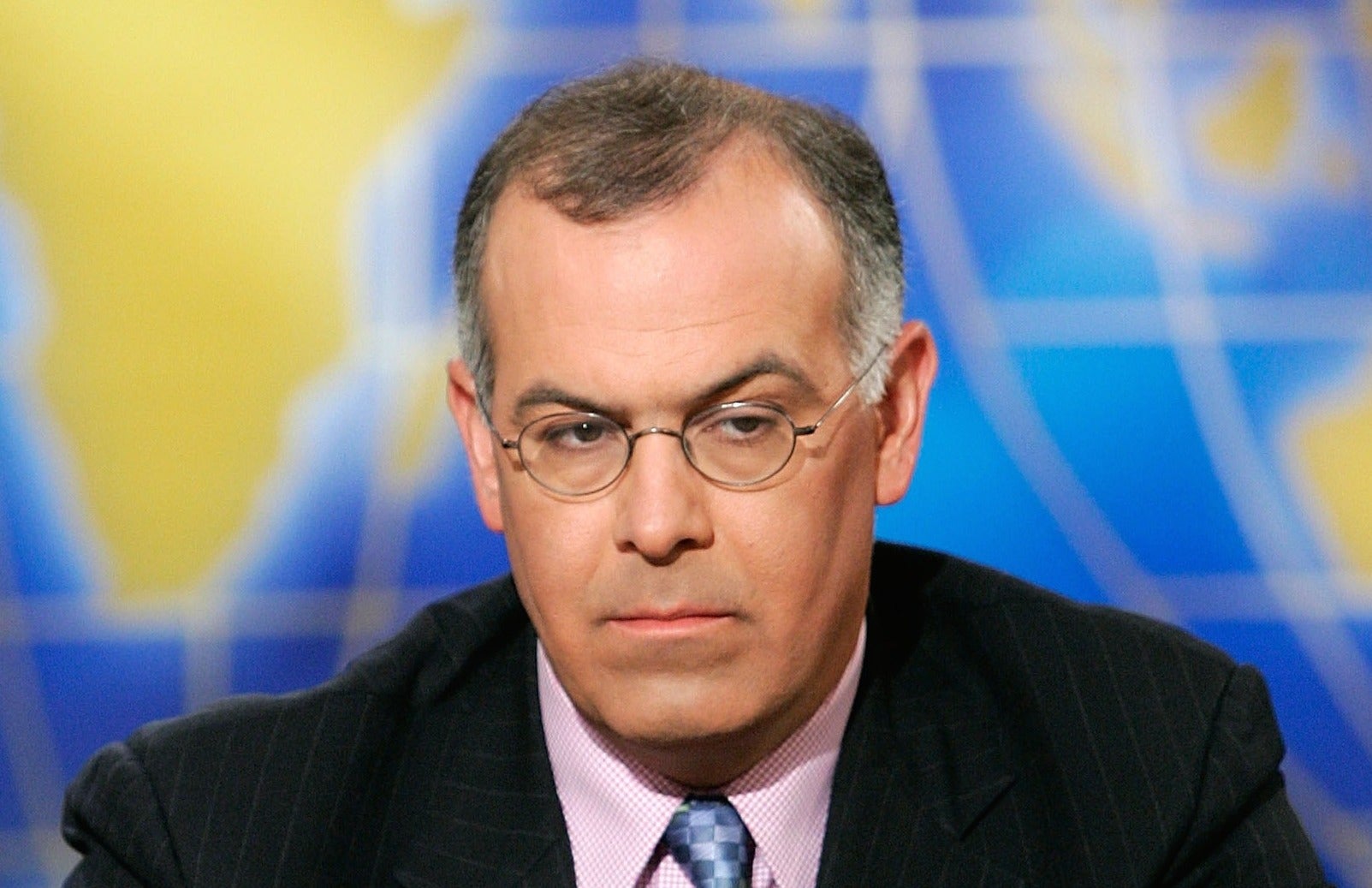 Stipulated: David Brooks isn’t that smart.
Stipulated: David Brooks isn’t that smart.
As editor of The Weekly Standard — the neo-con rag that served as the warmongering Der Sturmer of the Bushies — he endorsed the unprovoked U.S. invasion of Iraq.
He wrote a book, “Bobos in Paradise” (the “bobos” are “bourgeous bohemians”) that, aside from having the lamest title in the history of movable type attempted to coin a phrase to alongside “yuppies” and “hipsters” but never stood a chance.
Every now and then, however, the New York Times op-ed writer whose take on things uncannily mimics whatever happens to be the 50.000-yard line of mainstream corporatist politics writes something worth reading. (This distinguishes him from fellow militant centrist Tom Friedman.)
Brooks’ October 23rd column “Lady Gaga and the Life of Passion” is one of his more thought-provoking pieces, though probably not for a reason he might have hoped.
Born of staring-down-a-deadline laziness, “Gaga” came out of that most bobo of activities, sitting on one’s ass at a benefit dinner in a hotel banquet room. The shindig was thrown by Americans for the Arts, but that’s not important.
Brooks was enthralled by the musician Lady Gaga, who received an award. He quoted her: “I suppose that I didn’t know what I would become, but I always wanted to be extremely brave and I wanted to be a constant reminder to the universe of what passion looks like. What it sounds like. What it feels like.”
Brooks mused: “That passage stuck in the head and got me thinking. When we talk about living with passion, which is sort of a cliché, what exactly do we mean?”
I won’t rehash Brooks’ discourse about living with passion. Click the link if you’re so moved; he’s competent enough at expressing himself.
What struck me was Brooks’ hypocrisy.
Here is a man who, whatever else one can say about him, decidedly does not live his life with passion. He does not take risks. He does not say what he really thinks or really means, because doing so would greatly reduce his income stream. I mean, invading Iraq — seriously? No one with a brain thought that would go well. Even Brooks’ vocal delivery, as seen on NPR and PBS, defines the term “flat affect.”
More damning, he does not endorse the struggles of those who do live with the passion he praises in people like Lady Gaga.
To read him, you’d almost believe Brooks really, truly admires artists and others who take a chance. “[A] trait that marks them is that they have high levels of both vulnerability and courage. As Martha Nussbaum wrote in her great book ‘Upheavals of Thought,’ to be emotional is to attach yourself to something you value supremely but don’t fully control. To be passionate is to put yourself in danger,” Brooks writes.
In this Brooks is absolutely right.
My chosen profession, political satire and commentary, is a high-wire act. To be really funny, to be really incisive, you have to be willing to express opinions that are unpopular — not provocation for its own sake, but in the service of ideas that are necessary to express.
If you’re any good as a political cartoonist, or artist, or singer, you’ll spend your career accumulating enemies. I draw 200 or 300 cartoons and write at least 100 essays a year. That comes to roughly 3500 pieces a decade, each expressing a political opinion. Not too many fans will stick with you through the one or 10 or 100 things you draw or write that really, really piss them off — even if they absolutely adored the other 90% of your work.
If the world needs artists with passion, as Brooks argues and I agree, how do we support them, emotionally as well as economically?
“People with passion have the courage to be themselves with abandon,” Brooks points out. “We all care what others think about us. People with passion are just less willing to be ruled by the tyranny of public opinion.”
Right. For passionate artists to survive or even thrive, then, cultural gatekeepers must themselves be willing to defy public opinion. There is no Lady Gaga without record company executives and concert promoters willing to distribute her music and put on her appearances.
There is no Ted Rall without editors willing to publish my work.
Editors are wimps. Journalists say that all the time. That was probably always true — but there were fewer wimps and more heroes in the past.
One of my first editors, at the Vandalia Chronicle in Ohio, got fired over one of my cartoons, about Jerry Falwell’s Moral Majority. I was in high school. When she called to tell me the news, I felt awful. She was cheery. Courage came naturally to her.
I can’t imagine an editor being willing to lose his job over something I drew today. I was fired by The Los Angeles Times last summer over a charge that was quickly proven to have been trumped up — yet no one at the Times spoke out, much less resigned, over an obvious injustice in the service of censorship. Years of budget cuts and downsizing have made editors who still have their jobs terrified of rocking the boat. All they want to do is coast to retirement before getting fired.
Brooks on the passionate: “There’s even sometimes a certain recklessness there, a willingness to throw their imperfect selves out into public view while not really thinking beforehand how people might react.”
True — but this will stop happening when there’s no one left to catch the passionate when they fall.
At the Times, where Brooks works, there has never been a columnist who truly took chances — much less one whose ideology was truly challenging to the status quo. There has never been a review of a truly revolutionary book, or CD, or play. “Experts,” though frequently wrong, are always drawn from among the usual middlebrow elites.
Brooks could dig deep into avant garde culture and politics if he wanted to. Which he clearly doesn’t. Every year around the December holidays, for example, he releases a list of magazine articles he recommends. Never, ever will you find him praising something that didn’t appear in the mainstream media.
There’s something really, truly weird about reading a paean to passion in a paper so dedicated to crushing it.
(Ted Rall, syndicated writer and the cartoonist for ANewDomain.net, is the author of the new book “Snowden,” the biography of the NSA whistleblower. Want to support independent journalism? You can subscribe to Ted Rall at Beacon.)
COPYRIGHT 2015 TED RALL, DISTRIBUTED BY CREATORS.CO


 If you did it once, you’d be fired.
If you did it once, you’d be fired.
 Poor Hillary.
Poor Hillary.